What does M-Pesa mean?
Pesa is a Swahili word for money and the M is for mobile.
If you’re an American who hasn’t traveled to the developing world you may not know that cell phone minutes are a huge business in most of these countries. Furthermore, the minutes are typically much more expensive than the what we’d ever dream of paying in the United States.
Landlines are usually uncommon and having one installed, if even possible, would be significantly more expensive than just purchasing a cell phone
Phone conversations are usually short, concise and to the point because most people cannot afford the minutes.
Back in or around the year 2002 it appears that people in Kenya (and other countries in Africa) started swapping their cell phone minutes among each other as a form of money.
It was also an easy, effective and free method of transmitting money to friends and family who lived in other other towns or across the country.
It appears that in or around 2009 this system of using cell phone minutes as a method of transferring money was made official in Kenya by a system called M-Pesa which was launched by a Kenyan mobile network operator named Safaricom.
Essentially one uses cash to add a balance to their cell phone service account and can then send any amount of those same funds to anyone by using the recipient’s cell phone number as a payment address.
One can withdraw funds in cash from any of thousands of cell phone minute vendors. These vendors may be located in small shops, gas stations and all sorts of places. It’s not like in the United States where there may only be a few Verizon or AT&T stores in the an entire city.
Since the outset in 2009 it appears that M-Pesa has consistently flourished (accepted almost everywhere) and has also spread throughout the African continent (as well as India and Afghanistan)
More recently (I’m not sure what year), a service in Kenya called M-Payer (http://www.mpayer.co.ke/) was created which is specifically used to make it easier and more efficient to use M-Pesa for business.
It’s difficult to believe but it appears that Wikipedia does not have an entry for M-payer / Mpayer. Although there is an entry for M-Pesa.
It appears that Kenyans (and others in Africa) may have effectively created a separation of Money and State (much like separation of Church and State in the United States).
Kenyans were displeased with the big banks and the control which the banks had over them.
One might compare M-Pesa to Bitcoin. (And perhaps M-Payer to some sort of software built over it such as a bitcoin wallet.) However, one of the fundamental differences between Bitcoin and M-Pesa is that one is a decentralized while the other is centralized.
If the servers which are running M-Pesa go down, of if the government gets a warrant to shut down the servers, then that would probably be the end of the M-Pesa centralized digital currency.
However, with a decentralized digital currency like Bitcoin there’s no real way to shut it down. The Bitcoin protocol and ledger resides on hundreds of thousands (or millions) or computers around the globe.
Please exercise your free speech in the comments section below. There are no stipulations of political correctness on this blog. Speak your mind, give us your thoughts, both objective and subjective. Share your ideas, hunches, inklings or your expertise. Please provide recommendation and corrections if you spot errors in fact within the blog report. Lastly, remember that posting a comment is much like casting a vote, so please do so.

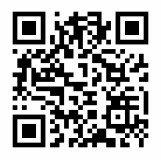
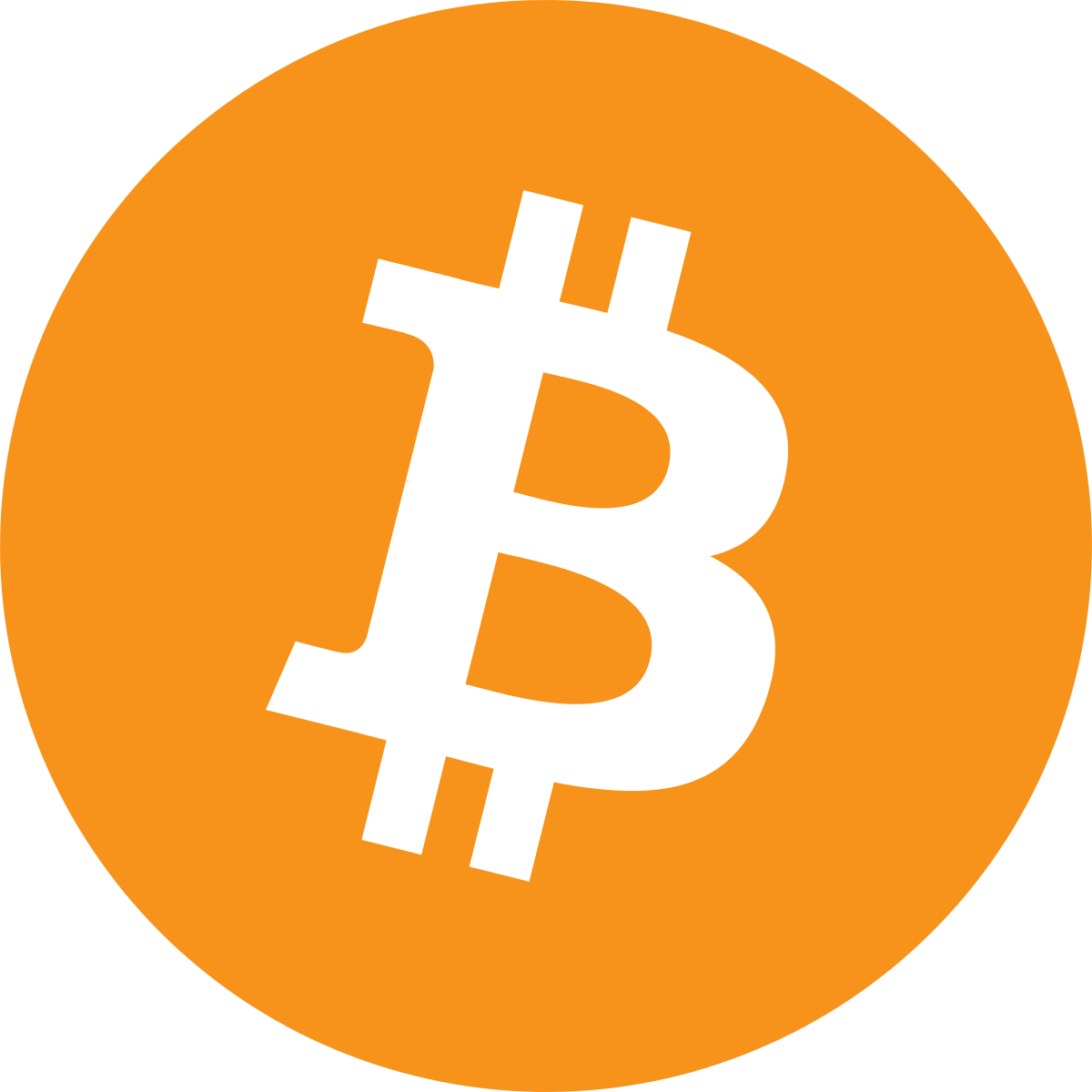
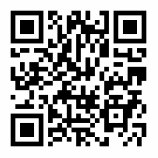
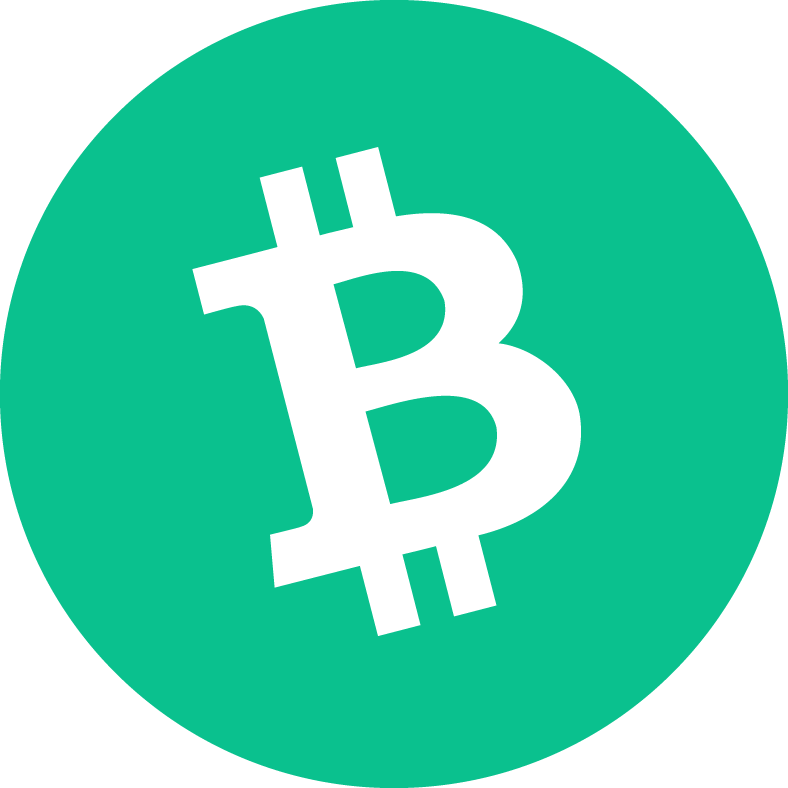
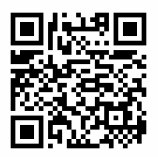

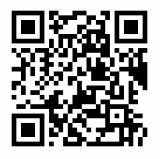
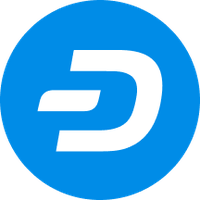
Curious how Hollywood celebrities, Rosie O’Donnell, Samuel L. Jackson, Cher just to name a few are saying that if Trump wins they will move to Canada. Why not Mexico? You know that third world country to the south. They advocate for open borders, amnesty for illegals, decry Trumps plan to build a wall and deport all illegals but yet they want to move to Canada. Could it be that the hypocrites are afraid to live in the savage third world country whose people they advocate for? Curious, very curious!
Kenya Adopts Bitcoin with Bitpesa, Tagpesa and M-Pesa
The Cointelegraph
Daniel O. Nyairo
3/7/2015
Excerpt:
There is an old joke to the effect that you will always know a Kenyan in a foreign city because the first thing they will ask right at the airport is where they can find an M-Pesa agent in town. Of course, this is an exaggeration, but it goes to show how the service is entrenched in Kenyan society.
M-Pesa facilitating Bitcoin adoption in Africa
For those who might not be privileged to know what M-Pesa is, this is a mobile system that allows people to store money on their cell phones and, most importantly, pass it around.
It is now a norm to pay for your dinner at a restaurant using M-Pesa and even buy electricity tokens from the power supply company when you reach home and you are greeted with a blackout since the previous token has expired.
Vodafone through its local subsidiary, Safaricom, launched M-Pesa in 2005. Since then this service has grown so big so that when there is system downtime, everything across the country seems to come to a standstill.
And the numbers explain why this is so. Of the 40 million Kenyans approximately living in the country, there are close to 17 million active M-Pesa accounts. That means if you took away the approximate number of those under and over the age of the majority, it becomes clear that almost every adult transacts using the mobile money service.
On the face of it, M-Pesa it seems to be the perfect competitor that bitcoin has to take on if it dreams of becoming mainstream in the country. However, recent developments seem to point to the opposite.
Bitpesa
In November 2013, the digital currency exchange, Bitpesa, opened up shop in the country and one of its leveraging tools turned out to be M-Pesa.
Its initial target market was individuals sending money from UK to Kenya. While the sender sends bitcoins, the recipient receives the money in the form of Kenyan Shillings with their mobile number or M-Pesa account serving as the digital wallet.
But that seem to have expanded to enable individuals to covert their money between shillings and bitcoinCT r: 8 using an M-Pesa account. Indeed, it is now possible to buy bitcoins using M-Pesa for other purposes such as trading.
And the cost of all these transactions is capped at 3%.
Things seem to be going well for the company as it was able to raise up to US$1.1 million in its second round of funding from San Francisco-based Pantera Capital, Crypto Currency Partners, Future/Perfect Ventures, Stephens Investment Management, and Bitcoin Opportunity Corp. among others in February 2015.
………………………………………………..
View the complete article, including images, at:
http://cointelegraph.com/news/kenya-adopts-bitcoin-with-bitpesa-tagpesa-and-m-pesa
Google Testing Replica of M-Pesa, Kenya’s Mobile Banking Solution
Nigerian BTC Trading Platform Fights Ponzi Schemes That Thrive Over Africa
The CoinTelegraph
Iyke Aru
3/16/2016
Excerpt:
A Nigerian e-currency platform moves to begin an awareness campaign on virtual currencies. The aim is to redeem the industry’s battered image, hurt by various Ponzi schemes, including egold, ebullion, liberty reserve and “MMM”.
According to Adelola Sokoya, CEO of Swiftecurrency.com, the Nigerian virtual currency market is operating below capacity. Given the amount of internet users within the country, the present virtual currency market size is poor. Sokoya blames it on the negative impression that has been created over time by fraudulent practices.
Sokoya recalls the numerous Ponzi schemes of past years that had informed the crash of payment systems such as egold, ebullion and liberty reserve.
MMM Scheme touches on Bitcoin
Cointelegraph carefully watches over ever-spreading Ponzi schemes. We wrote on the MMM scheme that now thrives in Indonesia, South Africa, India, Bangladesh, and Ukraine.
“MMM” is a company formed by Russian swindler Sergei Mavrodi, who cheated millions of people in Russia out of their hard-earned money back in the 1990’s. The criminal served almost 5 years in prison, and now he’s back in hiding. Having opened “MMM” in China, Mavrodi entered a new field – Bitcoin transactions. Promising hefty bonuses to members of his decentralized “mutual aid” network, it continued to grow bigger.
Bitcoin Adoption to Expand
There is an incorrect emotion connected to the industry at the moment says Sokoya. Nevertheless, he insists that it is not beyond revival.
“Swiftecurrency is embarking on intensive awareness seminars to enlighten Nigerians on the prevailing trend. We believe it is time for the most populous black nation to take her place within the virtual currency world.” Sokoya continued.
……………………………………………………..
View the complete article, including image, at:
http://cointelegraph.com/news/nigerian-btc-trading-platform-fights-ponzi-schemes-that-thrive-over-africa
USAA teams with Coinbase for Bitcoin
Banking Technology
Antony Peyton
3/21/2016
Excerpt:
The United Services Automobile Association (USAA), a financial services group, has partnered with Coinbase to give Bitcoin usage a timely boost.
Late last year, USAA launched a Coinbase pilot program, which allowed select USAA employees and members to view their Coinbase accounts on the USAA website and mobile app.
Following the successful pilot, all account holders are now able to view their Coinbase accounts alongside the rest of their USAA accounts and financial services on the website. The mobile app should be ready in late March.
Jon Cholak, the lead investment associate for USAA’s corporate development team, says: “What we’re developing is at the forefront of the financial services industries.”
More than 11,000 USAA members have accounts with the online payment wallet Coinbase, where Bitcoins can be bought, sold, received and stored.
According to USAA, each Bitcoin currently is worth more than $400 after reaching a high of $1,242 in 2013.
Bothered by Bitcoin
Some of the comments from USAA’s website show that Bitcoin still has some way to go in convincing all the public about its capabilities.
There was a 50/50 split in terms of positive and negative feedback.
…………………………………
View the complete article, including image, at:
http://www.bankingtech.com/460572/usaa-teams-with-coinbase-for-bitcoin/
Partnership enhances Africa mobile money growth
CAJ News Africa
By Savious Kwinika
3/4/2016
Excerpt:
JOHANNESBURG – MILLIONS in a number of African countries are poised to benefit from real-time, mobile receipt of remittances following a partnership between an international payment and money transfer hub and a mobile network operator.
At the Mobile World Congress in Spain, HomeSend and the Vodafone Group respectively, have announced the partnership on M-Pesa to cover Democratic Republic of Congo (DRC), Ghana, Lesotho and Mozambique.
Outside the continent, Albania will be covered by the partnership.
Homeland has previously launched connections for inbound remittances with M-Pesa in Kenya, Tanzania and Romania.
Claire Alexandre, Head of M-Pesa Commercial and Strategy, Vodafone, said M-Pesa increasingly made money mobile accessible across borders.
“We’re delighted to offer our customers more choice to send and receive money from other countries and networks.
“HomeSend connects them to an extensive global network, offering an affordable, secure and convenient solution for inbound digital money transfers,” said Alexandre.
M-Pesa (M for mobile, pesa is Swahili for money) is a mobile phone-based money transfer, financing and microfinancing service, launched in 2007 by Vodafone for Safaricom and Vodacom, the leading mobile network operators in Kenya and Tanzania.
M-Pesa has grown significantly to become the most successful mobile-phone-based financial service in the developing world.
The service has been lauded for giving millions of people access to the formal financial system and for reducing crime in an otherwise largely cash-based society.
Stephen Doyle, Chief Executive Officer, HomeSend, said Vodafone was a pioneer in domestic mobile money services.
“HomeSend, as the leading global payments hub, remains a natural partner for Vodafone to connect their domestic deployments to users worldwide.
………………………………………..
View the complete article, including image, at:
http://cajnewsafrica.com/2016/04/03/partnership-enhances-africa-mobile-money-growth/
In 289 days, the Obamas will leave the White House, and enter the private sector, with all of the protections and benefits afforded to ex-Presidents and their families.
Nothing birthers have done, to get Obama out of the White House has mattered. I know some of them hold out hope that the next President will magically wave a hand and have Obama arrested, but like everything else birthers put their faith into these last seven years, those hopes just aren’t founded in reality.
Seven years of giving money to scammers like Smith and Zullo.
Seven years of failed court cases and lawsuits.
Seven years of “The peoples’ eyes are open!”
Seven years of “We’ve got him this time!”
Seven years of “Any day now!”
Seven years…and what have you to show for it?
‘GBTC’ (Ticker Symbol) – Bitcoin Investment Trust
OTC Markets
Over the Counter Stock Market
Excerpt:
Business Description
Bitcoin Investment Trust is a private, open-ended trust that is invested exclusively in bitcoin and derives its value solely from the price of bitcoin. It enables investors to gain exposure to the price movement of bitcoin without the challenge of buying, storing, and safekeeping bitcoins. The BIT’s sponsor is Grayscale Investments, a wholly-owned subsidiary of Digital Currency Group.
Each BIT share represented ownership of 0.1 bitcoins initially. The trust will not generate any income and regularly sells/distributes bitcoins to pay for its ongoing expenses. Therefore, the amount of bitcoin represented by each share gradually declines over time.
View the complete presentation at:
http://www.otcmarkets.com/stock/GBTC/profile